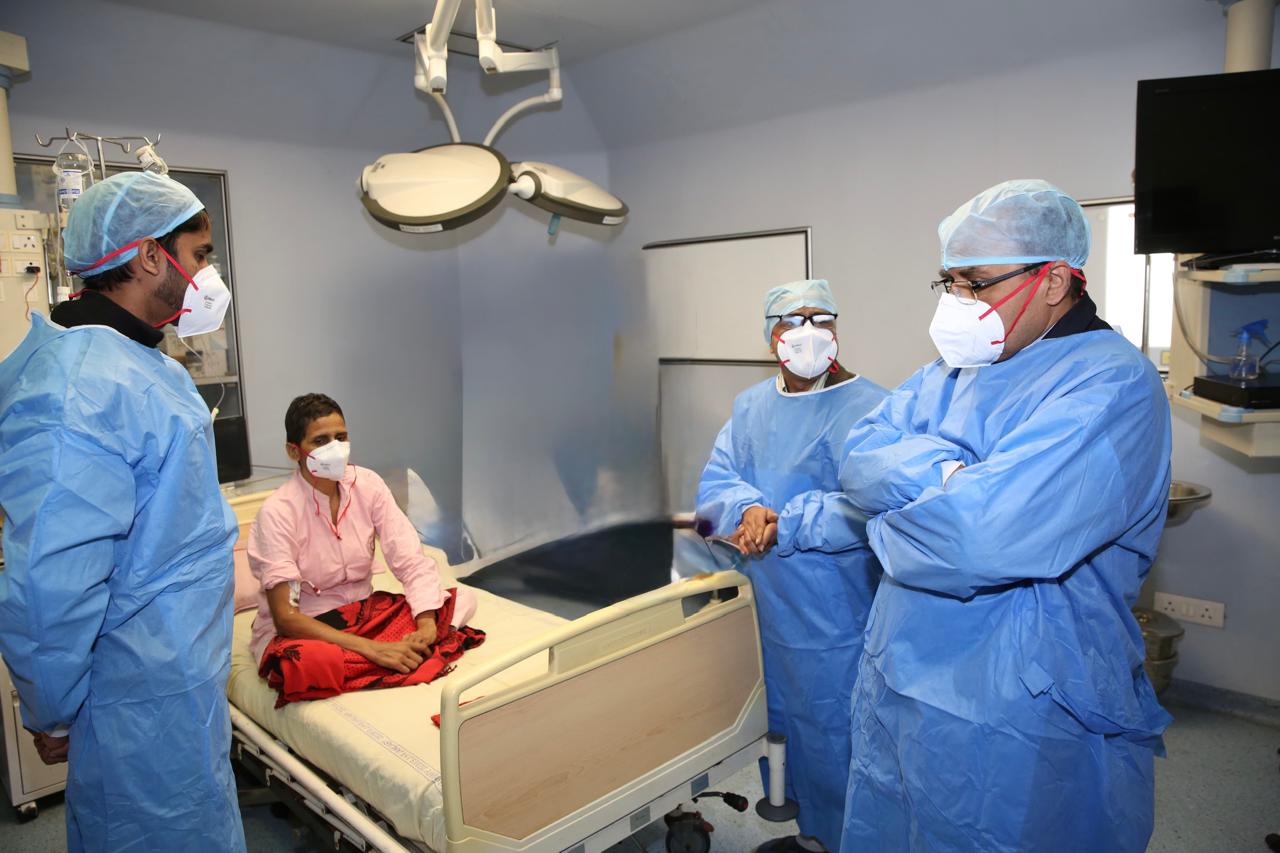
Delhi’s Safdarjung Hospital has successfully treated a patient with refractory Non-Hodgkin lymphoma using Chimeric Antigen Receptor T-cell (CAR-T) therapy.
With this, Safdarjung has become India’s first hospital to provide the advanced immunotherapy. It has also set a new standard for cancer care in public hospitals.
CAR-T cell therapy, an innovative form of treatment, harnesses the patient’s own immune cells to combat cancer. T-cells are genetically engineered to target and eliminate cancerous cells more effectively than the body’s natural immune response. This therapy has shown remarkable results for patients with difficult-to-treat cancers, particularly those who do not respond to conventional treatments.
The patient, who had been battling refractory Non-Hodgkin lymphoma—a type of blood cancer resistant to traditional therapies—responded well to the treatment. Dr Kaushal Kalra, part of the medical team, expressed optimism about the patient’s recovery, calling it a “significant milestone” in the hospital’s efforts to deliver cutting-edge cancer care.
Dr Sandeep Bansal, the hospital’s Medical Superintendent, highlighted the importance of this achievement. “Safdarjung Hospital has become a beacon of hope for cancer patients across the country. This marks a pivotal step in making sophisticated treatment options accessible to all,” he said.
Also Read: Winter hair care: Expert tips to combat dryness, breakage, and hair loss
Until now, only two other government institutions in North India—PGI Chandigarh and AIIMS New Delhi—had conducted CAR-T cell therapy.
Safdarjung’s success adds momentum to the growing field of immunotherapy in India, showing the potential for advanced treatments and their integration into public healthcare systems.
Safdarjung doctors inform that this breakthrough proves the power of collaboration, rigorous research, and an unwavering commitment to patient care. They hoped that this achievement will inspire other public hospitals in India to adopt innovative treatments and improve cancer care nationwide.
This accomplishment is a testament to India’s advancing healthcare capabilities, offering a new ray of hope for patients with hard-to-treat blood cancers.
Police recovered 20 cartons containing 1,000 quarters of alcohol labelled "For Sale in Haryana Only"…
Limited-period offering at Radisson Blu Plaza Delhi Airport presents a carefully sequenced dining experience
the aerial survey was conducted between February 16 and 20 across Khyala, Vishnu Garden, Ranhola,…
Presented by Artisera at Bikaner House, the two-person exhibition brings together Ashu Gupta and Sangeeta…
Unidentified motorcycle-borne assailants fired at a Farsh Bazar house in the early hours; no injuries…
Delhi, placed in Pool H, recorded a commanding 64-42 victory over Tripura. Ashish led from…